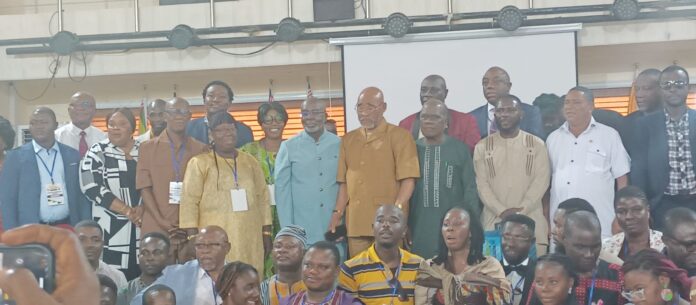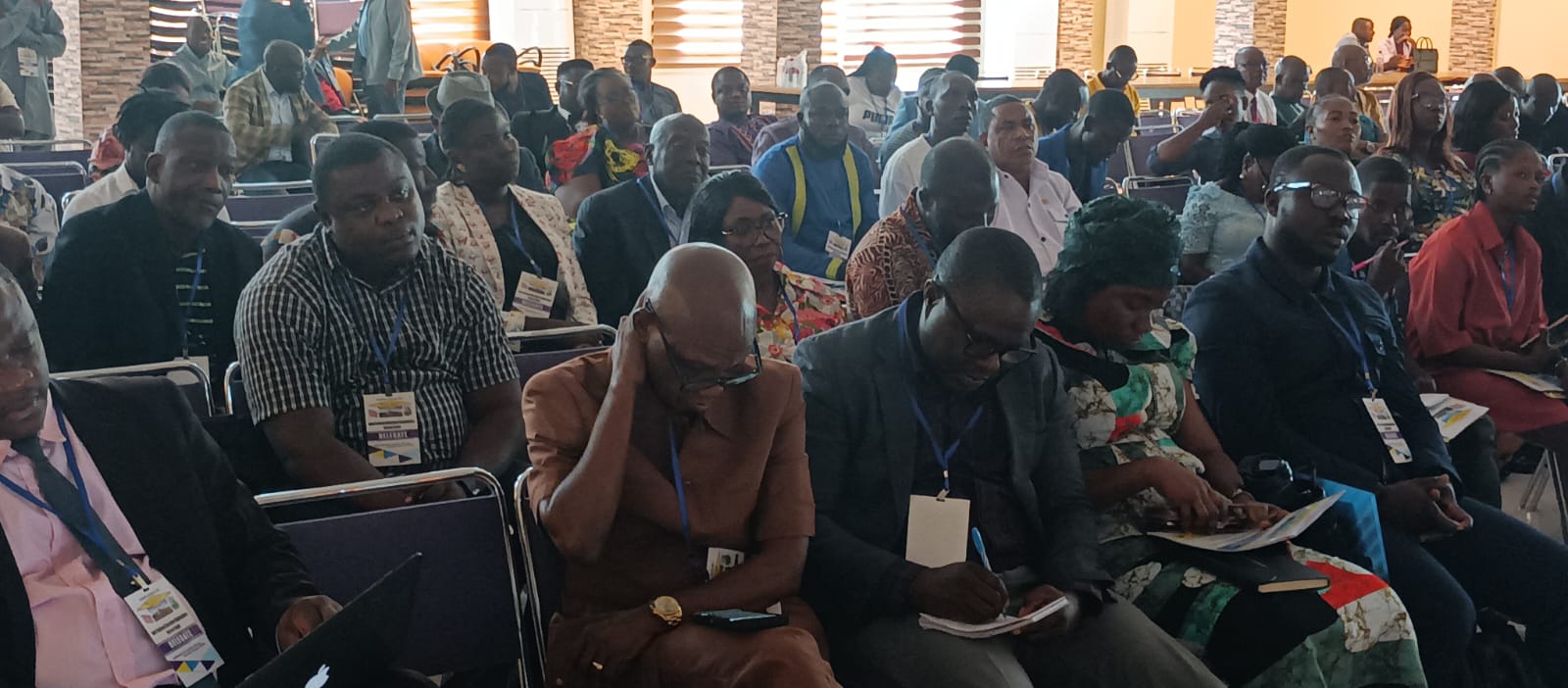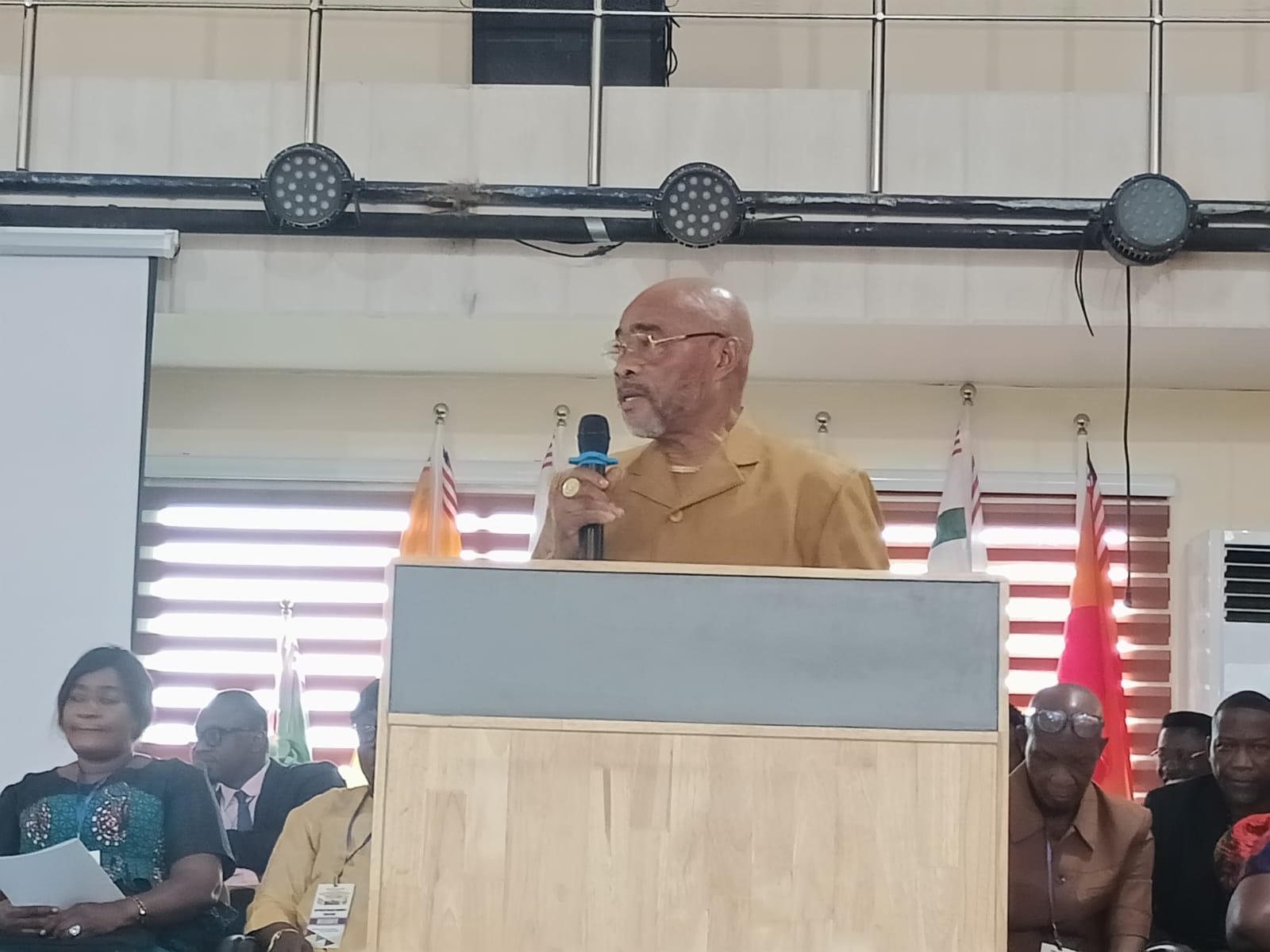
As Liberia faces the challenges of the 21st century, it is increasingly important to review and strengthen its education sector.
In a nation where the youth plays a crucial role in shaping the future, the need for high-quality education, particularly in vocational and secondary education, has become extremely important. To address these critical issues, the Joint Legislative Committee on Education and Public Administration has started a two-day National Education stakeholder Retreat on Friday in Ganta City, Nimba County.
The aim of the retreat is to set a new direction for Liberia’s education system by evaluating the current state of the education sector, which has been overlooked for a long time but is essential for the country’s economic growth and youth empowerment. The retreat brings together key stakeholders from the legislature, Ministry of Education, and other educational bodies to address pressing issues within the system.
At the opening ceremony, Speaker of the House of Representatives, Jonathan Fornati Koffa delivered a keynote address emphasizing the urgent need to assess and reform the country’s education sector. He stressed the importance of investing in vocational and secondary education as pivotal avenues for national development.
“Liberia needs to assess the state of education, not just focus on producing graduates with bachelor’s and master’s degrees. We must equip our young people with practical skills and a solid academic foundation that will empower them to thrive in Liberia’s growing economy,” Speaker Koffa said.
He emphasized that without a solid educational foundation, the country will continue to produce graduates who do not meet the standards of other countries. He also questioned whether the current generation of bachelor’s and master’s degree holders in Liberia meet the academic criteria.
“Is the master’s degree being offered here comparable to my master’s from North Carolina?”

The Speaker called for a collective effort from both the government and private sector to address these shortcomings and create a system that meets the demands of the modern job market.
The retreat will also focus on assessing the progress made in Liberia’s educational policies, identifying gaps, and proposing solutions to improve both formal and informal education pathways. Topics to be discussed include curriculum reform, teacher training, school infrastructure, and the expansion of vocational training centers across the country.
Professor Thomas Romeo Quioh, chairman of the house’s Committee on Education , noted that the retreat is an opportunity for lawmakers and education experts to realign priorities and propose sustainable solutions that will have a lasting impact.
“The presence of delegates matters a lot, to as everyone will be looking at the hanging fruits in the education sector. We will be looking at several issues here, including the issues of volunteer teachers”, Prof. Quioh added.
According to the House Committee on Education, at the end of the two-day retreat, there will be a resolution signed by stakeholders to find the way forward for the education sector of the country.
Ministry of Education
Deputy Education Minister Amos Folley emphasized that many instructors are not teaching in the appropriate schools. Minister Folley highlighted the need to re-evaluate the education system by examining the country’s teacher training institutions to ensure they meet the required standards.

The two-day event is held under the theme” Transformative Approach in Building Liberia’s Educational Sector.”
The committee is expected to release its findings and recommendations after the two-day session. These will be incorporated into national education policies that will transform the country’s education sector.





















